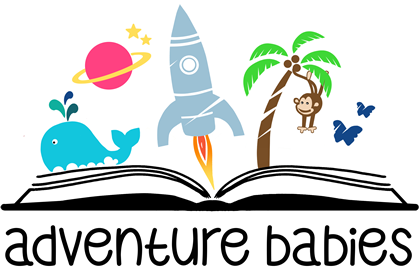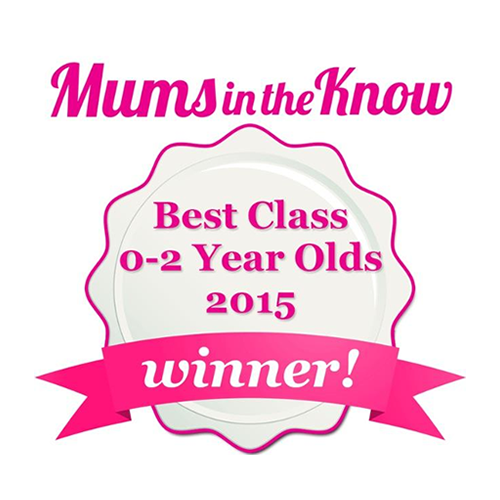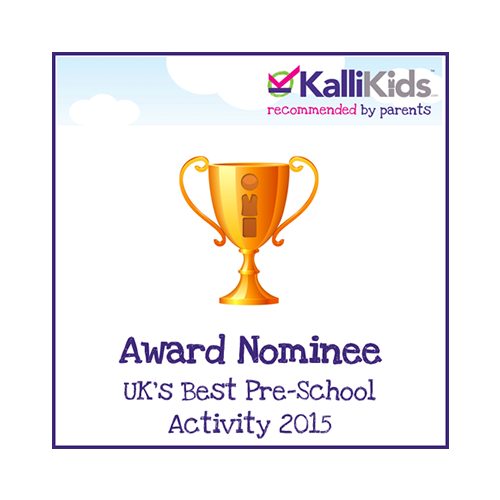As a new parent, you may wonder, “How do I play with my baby?” It can feel a little overwhelming at first, but the good news is that playing with your baby is simple, and it’s one of the best ways to bond, nurture development, and have fun together! In this blog post, we’ll explore how to play with your baby at different stages and why play is so important for their growth.
Why Play Is Important for Babies
Playtime is much more than just having fun; it’s a crucial part of your baby’s development. Through play, babies learn about the world around them, develop motor skills, and build emotional bonds with caregivers. It encourages sensory exploration, supports cognitive growth, and boosts their confidence as they master new abilities.
0-3 Months: Gentle Sensory Stimulation
At this stage, your baby is taking in the world and slowly developing control over their body. Playing with them should focus on providing sensory stimulation and building a connection.
Play Ideas:
- Talking and Singing: Your baby loves hearing your voice, so talk, coo, and sing to them. This helps with language development and emotional bonding.
- Tummy Time: Lay your baby on their tummy for a few minutes each day. It strengthens their neck and back muscles, laying the foundation for crawling.
- High-Contrast Toys: Babies are drawn to high-contrast colours, so black-and-white books or toys with bold patterns are great for stimulating their developing vision.
4-6 Months: Encouraging Movement and Exploration
As your baby becomes more active, they will enjoy activities that help them develop their coordination and motor skills.
Play Ideas:
- Interactive Play: Peek-a-boo is a classic! It not only brings laughter but also teaches your baby about object permanence (the idea that things still exist even when they’re out of sight).
- Grasping Toys: Soft, easy-to-hold toys help your baby practice grabbing, which is essential for hand-eye coordination.
- Sensory Play: Introduce soft fabrics, crinkly toys, or safe items with different textures. Babies love to explore how things feel with both their hands and mouth.
7-9 Months: Crawling and Curiosity
By now, your baby is probably rolling, sitting, or even starting to crawl. Play should encourage their curiosity and problem-solving skills.
Play Ideas:
- Cause-and-Effect Toys: Toys that react when pushed or pulled (like a jack-in-the-box or pop-up toys) fascinate babies and help them understand cause and effect.
- Crawling Games: Encourage movement by placing toys just out of reach to prompt your baby to crawl toward them.
- Reading Together: Simple board books with bright pictures and rhymes are wonderful at this stage. Babies love hearing your voice and looking at the colorful pages.
10-12 Months: Imagination and Early Social Play
As your baby nears their first birthday, their personality is blossoming, and they’ll start engaging in early imaginative play.
Play Ideas:
- Role Play: Pretend play with simple toys, like pretending to drink from a toy cup or brushing a doll’s hair, will delight your baby and stimulate their imagination.
- Building Blocks: Stackable toys or blocks are fantastic for developing problem-solving skills and fine motor coordination.
- Musical Play: Babies love making noise! Introduce safe instruments like a tambourine or maracas. Music helps with rhythm, listening skills, and coordination.
Tips for Playing with Your Baby
- Follow Their Lead: Let your baby guide the play. If they seem interested in a particular toy or activity, follow along.
- Keep It Simple: You don’t need fancy toys. Everyday objects like wooden spoons, bowls, or even a simple scarf can entertain and engage your baby.
- Be Present: Your undivided attention is the best gift you can give during playtime. Put away distractions and focus on enjoying the moment with your little one.
Final Thoughts
Playing with your baby doesn’t need to be complicated. It’s about spending quality time together, fostering their curiosity, and enjoying the little moments. Every game, song, or activity helps build a strong emotional connection and contributes to your baby’s development in ways you can’t always see.
So, next time you wonder “How do I play with my baby?”—just remember that by being present, engaging, and playful, you’re doing everything right. Enjoy every giggle, smile, and discovery! Or come and join us at Adventure Babies!








